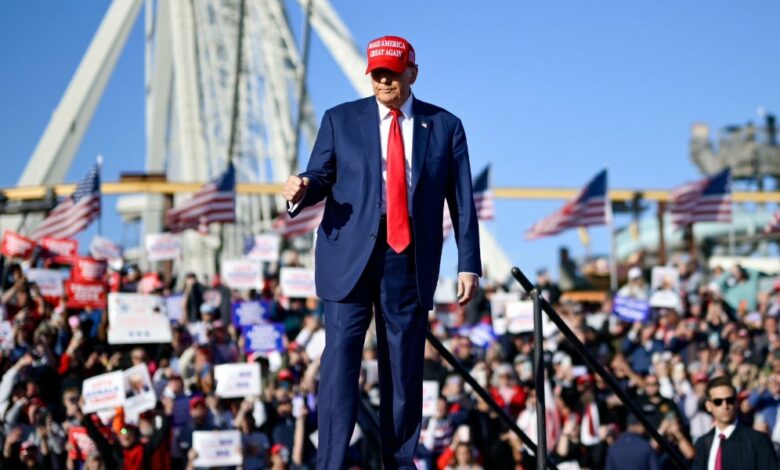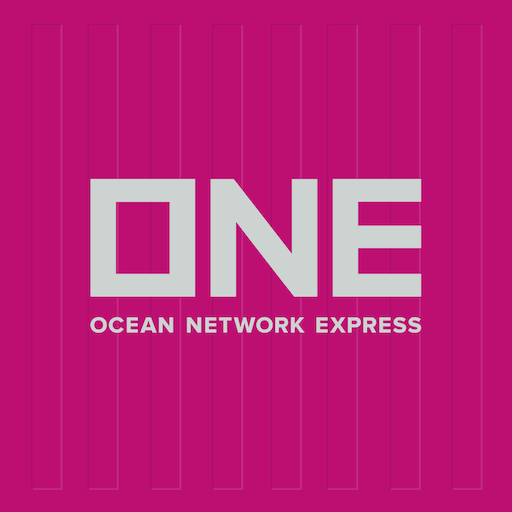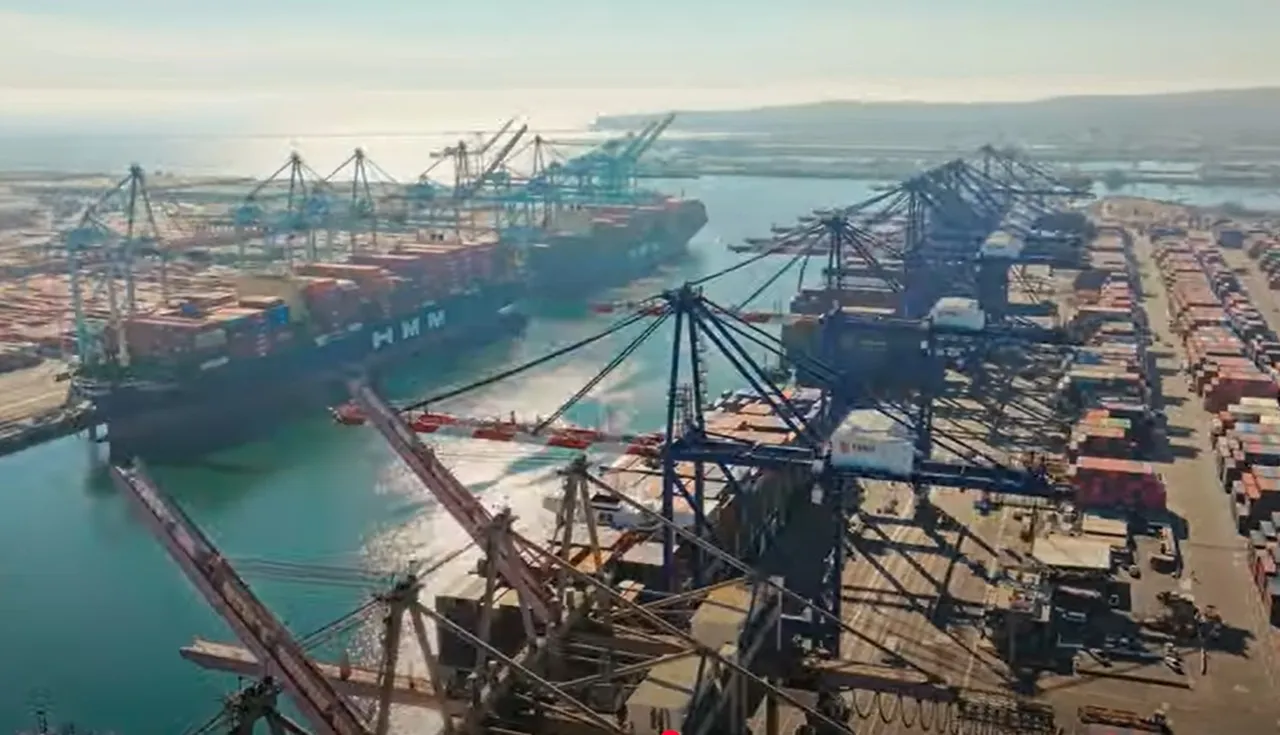Splash247: US threatens tariffs and port levies to sink IMO green deal
The United States is leaning hard on allies and rivals alike to reject a landmark United Nations agreement to slash emissions from marine fuels, Reuters reports. Washington has warned that nations pressing ahead with the International Maritime Organization’s (IMO) proposed framework could face a battery of retaliatory measures – from tariffs and port levies to visa restrictions.
The extraordinary intervention follows months of wrangling at the IMO over its net-zero plan for shipping, due for a vote next month.
“We are actively exploring and preparing to act on remedies including tariffs, visa restrictions, and/or port levies should this effort succeed,” a US State Department spokesperson told Reuters. “We will fight hard to protect the American people and their economic interests.”
Without clear, enforceable rules, shipowners can’t responsibly future-proof their fleets
The stance has set the US on a collision course with the EU and a number of Pacific and Asian nations who back the deal.
Washington’s threat to weaponise tariffs and port access could torpedo years of delicate negotiations on shipping’s climate pathway.
In a joint statement last month, US secretary of state Marco Rubio, commerce secretary Howard Lutnick, energy secretary Chris Wright, and transportation secretary Sean Duffy said president Donald Trump would not accept “any international environmental agreement that unduly or unfairly burdens the United States or harms the interests of the American people.”
The proposed net-zero framework, agreed in principle by a majority of IMO member states in April, seeks to curb greenhouse gas emissions from the shipping sector by introducing fuel standards and levies on ships that fail to meet strict targets. Proponents say the measures are critical to meeting the IMO’s 2050 climate goals, but the US delegation has argued the rules would disproportionately benefit China and penalise fuels where US industry leads such as LNG and biofuels.
The stance is consistent with April’s Marine Environment Protection Committee (MEPC) session, where US negotiators walked out of talks. In April’s vote, 63 member states — including China, Brazil and EU nations — backed the framework, while 16 opposed.
The agreement constitutes a fuel standard, as such a mandate on the GHG intensity of energy used, coupled with a pricing and trading mechanism.
Ships that do not reduce their intensity of GHG emissions – including carbon dioxide, methane and nitrous oxide — in line with two reduction trajectories outlined in the new regulations, which still need to be promulgated at the next MEPC in October, are deemed to have an emissions deficit. This must then be addressed by buying so-called remedial units.
The October decision will require a two-thirds majority – 108 of the 176 IMO members that have ratified the relevant convention – if consensus cannot be reached.
The IMO rarely resorts to voting, but with positions hardening, a formal ballot looks increasingly likely.
Environmental NGOs have condemned the US position, warning that further delay in regulating marine fuel emissions risks undermining the sector’s ability to meet climate targets.
“The upcoming MEPC session in October provides the appropriate platform to address any concerns from member states ahead of the adoption process,” a spokesperson for the IMO told Splash last month.
A spokesperson from BIMCO, shipping’s largest lobby group, told Splash the US stance is unlikely to derail implementation if the framework passes, but warned that Washington’s non-participation would complicate enforcement.
“Even when, or if, the US places reservations that the rules will not apply to them, it will, because all ships of non-US flag trading internationally are bound by their flag.US ships will also be required to comply if they trade internationally. There is only the option of non-party bilateral trade outside the rules,” the BIMCO spokesperson explained last month.
For shipowners, the bigger headache may be the uncertainty the US move injects into fuel investment decisions. Broker SSY said dry bulk ordering remains paralysed by the absence of clear, stable rules, with owners hedging between LNG, ammonia, and methanol in the hope of future-proofing fleets.
“Confidence matters more than rhetoric in shipping as without clear, enforceable rules, shipowners can’t responsibly future-proof their fleets, and decarbonisation will remain as just a costly exercise in risk management,” SSY noted in a recent markets update.
Related Posts




